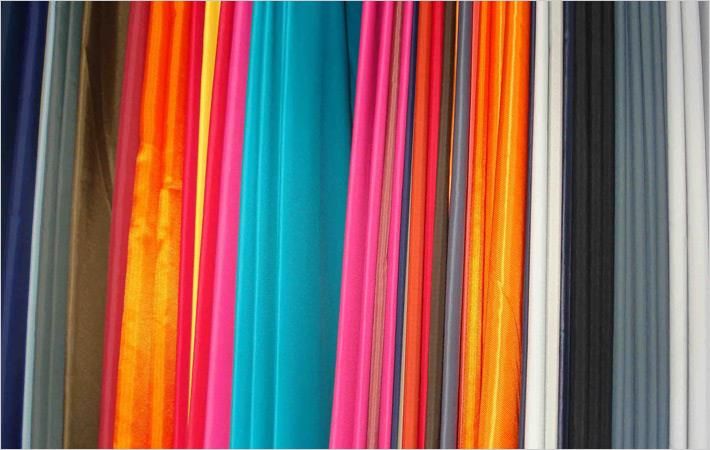
Expressing concern over rising imports of manmade textiles post implementation of GST, CITI chairman Sanjay K Jain has suggested that the government of India must enter into Free Trade Agreements with major markets like the EU, US, Canada and Britain for the export of MMF garments and fabrics out of India. Such benefits are available to Bangladesh, Vietnam and others. Growth seen in these countries is a result of such bilateral agreements. These countries do not even have fibre manufacturing and have concentrated on the downstream industries alone.
Further, he has also requested the government to reduce GST on MMF from 18 to 12 per cent and GST on MMF raw material. Also, anti-dumping duty on PTA in the recently initiated sunset review may be discontinued. The import duty on MMF based spun yarn and fabrics should also be increased as huge surge of imports have been seen in this category post GST which is impacting spun yarn and fabric manufacturers in a big way.
"The inverted duty structure in the case of MMF textiles has lead to GST paid on capital goods, services & certain inputs being added to cost in the hands of the MMF textile buyer. These taxes are not considered for calculation of refund of input tax credits. This has made MMF textiles costlier to the extent of such un-refunded taxes. This will restrict further expansion in MMF textile value chain. The Refund of Input Credits due to inverted duty is a tedious task and the smaller players are unable to avail it and even those are getting refund are facing liquidity stress. These issues are also responsible for import of MMF yarn and fabric becoming viable and preferred," explained Jain.
"The downstream industries in the MMF textile value chain – spinning and weaving, which is the largest employment generator in the entire value chain is facing acute stress due to high prices of domestic staple fibre relative to what our competitors get in other countries. This affects the export competitiveness of the domestic downstream MMF textile industry and also makes the industry venerable to imports of value added MMF products," pointed out Rakesh Mehra, convenor, CITI’s sub-committee on manmade fibre & yarn.
Hence, India must concentrate on increasing exports of value-added products along the value chain. Countries like Bangladesh, Cambodia and Vietnam have made substantial gains in their exports of apparel without really augmenting capacities in manufacturing fibre and yarn, Jain said.
The import of manmade staple fibre in 2017-18 stood at 149 mn. kg which is less than 15 per cent of the total manmade staple fibre consumption in India. Hence, Mehra has suggested that the government may abstain from enhancing custom duties and levying anti-dumping duties on staple fibres. This will allow the downstream industries along the value chain to grow. (RR)
Fibre2Fashion News Desk – India